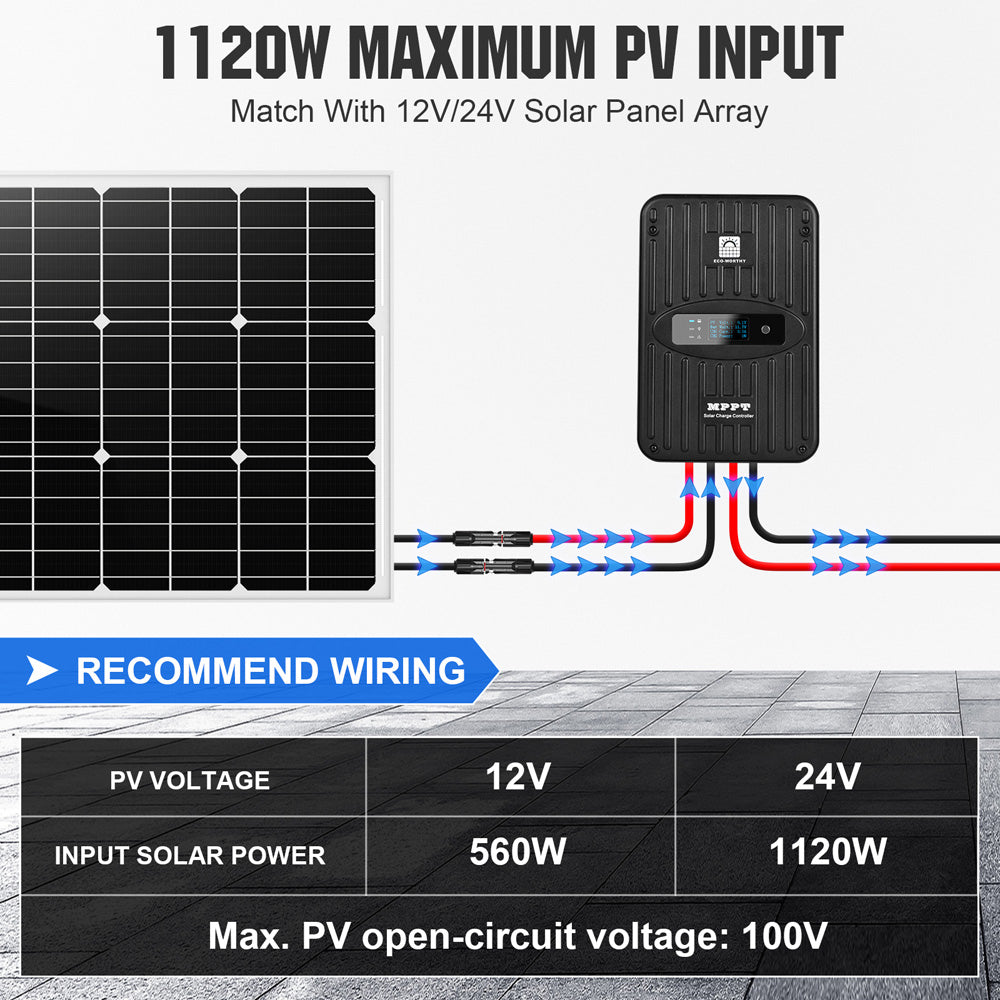The Essential Guide to Solar Panel Charge Controllers: Types, Functions, and Benefits
الجسم
As the world increasingly turns to renewable energy sources, understanding the solar panel charge controller becomes essential for optimising solar energy systems. This device plays a crucial role in managing the energy produced by solar panels, ensuring that batteries are charged efficiently and safely.

What is a Solar Panel Charge Controller?
A solar panel charge controller is an electronic device that regulates the voltage and current coming from solar panels to the batteries. Its primary function is to prevent overcharging and deep discharging of batteries, which can significantly extend their lifespan. But how does it achieve this? By controlling the flow of electricity, the charge controller ensures that batteries receive the right amount of charge based on their state of charge.
Types of Solar Panel Charge Controllers
There are mainly two types of solar panel charge controllers: PWM (Pulse Width Modulation) and MPPT (Maximum Power Point Tracking).
- PWM Charge Controllers: These are simpler and more cost-effective. They work by gradually reducing the amount of power sent to the battery as it approaches full charge. This method is efficient for smaller systems.
- MPPT Charge Controllers: These are more advanced and can convert excess voltage into additional current, making them ideal for larger solar setups. They optimise the energy harvest from solar panels, especially in varying weather conditions.
Functions of Solar Panel Charge Controllers
The functions of a solar panel charge controller extend beyond just battery protection. Here are some key functionalities:
- Voltage Regulation: It ensures that the voltage from the solar panels does not exceed the battery's capacity.
- Battery Protection: It prevents overcharging and deep discharging, which can damage batteries.
- Load Control: Some controllers can manage the power supplied to connected devices, preventing overloads.
- Monitoring: Many modern controllers come with display features that provide real-time data on system performance.
Benefits of Using a Solar Panel Charge Controller
Incorporating a solar panel charge controller into your solar energy system offers numerous benefits:
- Increased Battery Life: By preventing overcharging and deep discharging, these controllers significantly enhance battery longevity.
- Improved Efficiency: Especially with MPPT controllers, you can maximise the energy harvested from your solar panels.
- Cost-Effective: Although there is an initial investment, the long-term savings on battery replacements and energy efficiency make it worthwhile.
For those looking to explore various options for solar panel charge controllers, consider visiting  for a comprehensive selection.
for a comprehensive selection.
Conclusion
Understanding the importance of a solar panel charge controller is vital for anyone investing in solar energy. By choosing the right type and ensuring proper installation, you can optimise your solar energy system for maximum efficiency and longevity. Whether you opt for a PWM or MPPT controller, the benefits are clear: enhanced battery life, improved energy efficiency, and ultimately, a more sustainable energy solution.







تعليقات